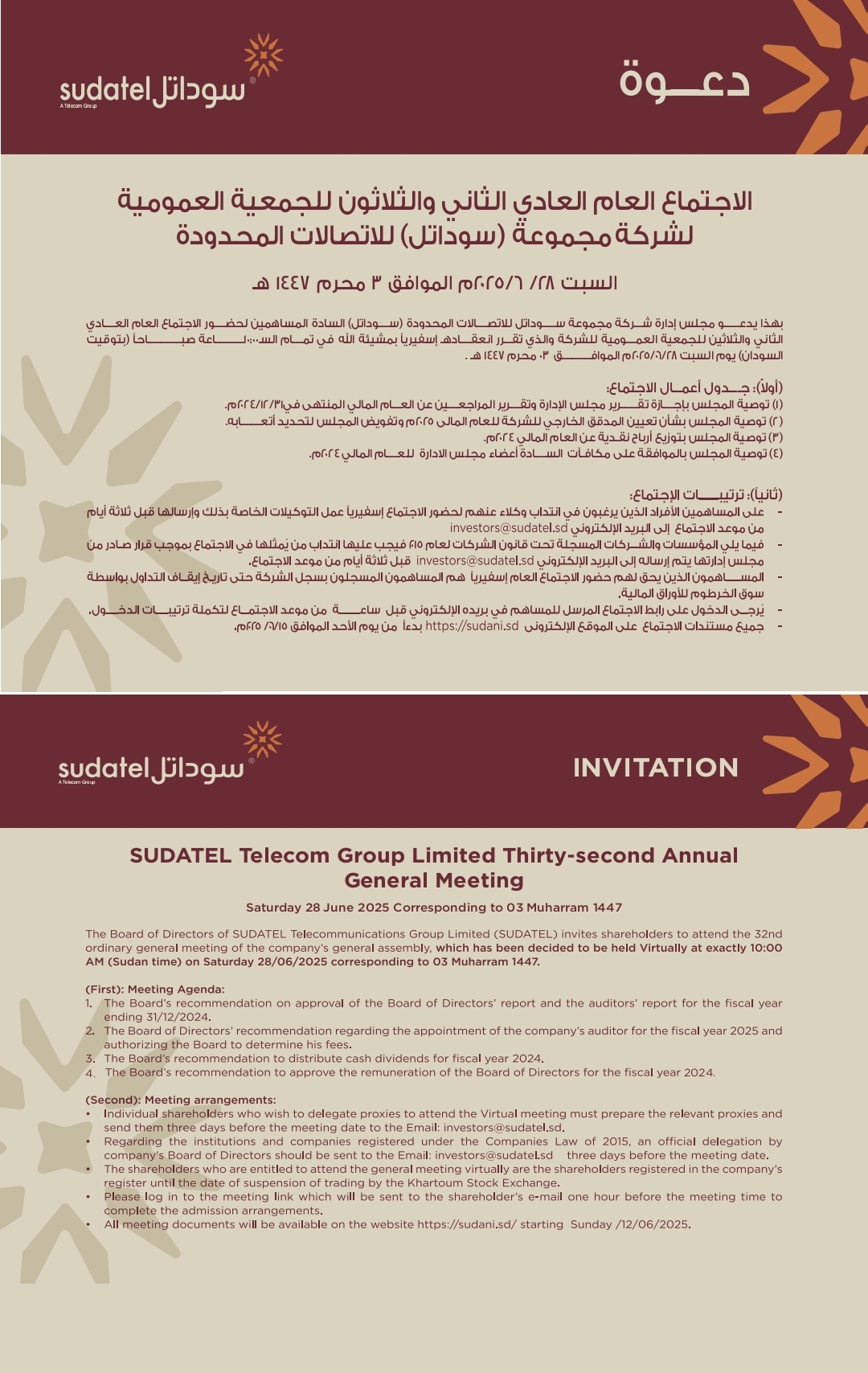د. محمد يوسف قباني يكتب: أن تكون حياً في الحرب لا يعني أنك على قيد الحياة – مقاربة إنسانية لواقع المجتمعات السودانية بين الصمود والوجود.. *Being alive in war doesn’t mean you’re alive – a human approach to the reality of Sudanese communities between resilience and existence.* Dr. Mohamed Elgabbani..

د. محمد يوسف قباني يكتب: أن تكون حياً في الحرب لا يعني أنك على قيد الحياة – مقاربة إنسانية لواقع المجتمعات السودانية بين الصمود والوجود..
*Being alive in war doesn’t mean you’re alive – a human approach to the reality of Sudanese communities between resilience and existence.*
Dr. Mohamed Elgabbani..
في خضم دوي المدافع وصراخ الجرحى، يبرز سؤال وجودي يُلاحق كل من يعيش تحت وطأة الحرب: ما الفرق بين أن تتنفس وأن تعيش؟ السودان، هذا البلد الذي مزقته صراعات متعاقبة، لم يعد فيه “البقاء على قيد الحياة” مجرد مسألة حيوية بيولوجية، بل تحول إلى مفهوم معقد يتجاوز ضربات القلب ليصل إلى أسئلة عن المعنى، الكرامة الإنسانية، والقدرة على الحفاظ على الذات الإنسانية وسط العواصف.
هذه المقالة ليست تحليلاً سياسياً للصراع، ولا تقريراً إحصائياً عن الضحايا، بل هي محاولة للغوص في الأعماق النفسية والاجتماعية لإنسان يعيش في بيئة ترفض كل مقومات الحياة. وكيف يمكن أن نمنح معنى للوجود عندما يصبح الموت روتيناً؟ وكيف نحافظ على شرطنا الإنساني حين تتحول القسوة إلى لغة يومية؟
الموت الذي لا يقتل البدن وحده، وفي مدينة تشهد القصف اليومي، يصبح السؤال “هل سأبقى حياً غداً؟” مسألة ثانوية أمام سؤال أكثر إيلاماً: “إذا بقيت حياً، فكيف سأعيش؟”. الحرب لا تكتفي بتحويل البيوت إلى ركام، بل تهدم أيضاً ذلك المسار الغريزي في النفس البشرية الذي يوصل الحياة بالأمل.
تُظهر الدراسات أن الناجين من الحروب يعانون من “موت نفسي” حتى وإن نجوا جسدياً. فالشخص الذي يفقد القدرة على الحلم، أو يُصاب بذلك الخدر العاطفي الذي يجعله غير قادر على البكاء حتى عند فقدان أعز الناس، هل يمكن وصفه بالحي حقاً؟ هنا تتحول الحرب من حدث خارجي إلى حالة داخلية، حيث يسكن الموت في الروح قبل البدن.
وهناك مأساة الاختيار بين سيئ وأسوأ، إذ ليست الحرب مجرد مشهد دموي، بل هي أيضاً سلسلة من الخيارات المستحيلة:
– أب يضطر لبيع دواء طفله المريض لشراء رغيف خبز.
– امرأة تختار البقاء في منزل محاصر لأن النزوح يعني التعرض للمخاطر.
– طفل يتخلى عن مدرسته ليصبح عائلاً لعشرة أفراد.
في هذه اللحظات، يصبح “الاختيار” ضرباً من السخرية القاسية، لأن الخيارات ليست بين جيد وسيء، بل بين فقدان جزء من إنسانيتك أو فقدان كل شيء. ومع ذلك، فإن القرارات التي يتخذها الناس في هذه الظروف هي ما يُشكل الواقع الجديد للمجتمع السوداني: واقع الصمود المرير.
أخطر ما تفعله الحروب الطويلة هو أنها تُعوّد الناس على الوحشية. عندما يُقتل الجار أمام عينيك ثم تتناول فطورك كأن شيئاً لم يكن، فهذه علامة على أن المجتمع بدأ يفقد مناعته الأخلاقية، وصار التطبيع مع العنف هو الوباء الخفي الذي يفتك بالمجتمعات بعد سنوات من انتهاء القتال. ولكن في المقابل، نرى نماذج تُبقي على الجذوة الإنسانية:
– ذلك الطبيب الذي يعمل بدون أجر في ملجأ مكتظ.
– الجدة التي تُعلم الأطفال تحت الشجرة رغم القصف.
– الشباب الذين يحولون جداراً مهدماً إلى لوحة فنية.
هذه ليست مجرد قصص بطولية، بل هي أدوات مقاومة وجودية ضد تحويل الإنسان إلى كائن يعيش فقط من أجل البقاء.
فنفكر ملياً في إعادة اختراع الحياة في زمن المستحيل، إذا كانت الحرب تسلب الناس كل شيء، فكيف يمكن أن يعيدوا تعريف الحياة بأنفسهم؟ الإجابة قد تكمن في تلك المساحات الصغيرة التي يرفض فيها الإنسان أن يكون ضحية:
واولها الاحتفاء بالحياة اليومية، وقد تحولت بعض الأحياء إلى إقامة “أعراس جماعية” في أقبية المنازل، ليس لأن الحرب انتهت، بل لأن الناس يريدون أن يقولوا: “نحن ما زلنا نستحق الفرح”.
وثانيها استمرار التعليم كفعل مقاومة، فقامت مدارس السراديب حيث يُدرّس الأطفال على ضوء الشموع هي محاولة لسرقة المستقبل من براثن الدمار.
وثالثها الذاكرة كسلاح، وقد تم توثيق القصص الإنسانية لتصبح إسلوب لرفض الرواية الرسمية التي تُختزل فيها المعاناة إلى أرقام.
وأمثلة لا تحصى في كل السودان، تلبية لنداء العطاء، فها هو أ. حسن مجلي (حسن بندول، وأ. عمار بتي، وأ. ياسر أبوالعلاء، وأ. أبوعبيدة أبوحراز وكثر يحتفلون يومياً بخدمة الإنسان – مطلق إنسان في كل مكان.
الحرب في السودان ليست حدثاً عابراً، بل هي حقبة تاريخية تُعيد تشكيل وعي أجيال كاملة. في هذا السياق، فإن عبارة “أن تكون حياً لا يعني أنك على قيد الحياة” ليست مجرد استعارة شعرية، بل هي واقع مرير يحتاج إلى مواجهة وشجاعة.
لكن التاريخ يعلمنا أن الناس لا ينقسمون إلى أحياء وأموات فحسب، بل هناك فئة ثالثة: أولئك الذين يرفضون أن تموت إنسانيتهم حتى لو مات حولهم العالم. هؤلاء هم من يزرعون بذرة الحياة في تربة الموت، ويعلموننا أن الحرب قد تسلبنا كل شيء، إلا ذلك الجزء من الروح الذي يختار أن يظل إنساناً رغم كل شيء.
السودانيون اليوم أمام امتحان وجودي: إما أن يستسلموا لفكرة أنهم مجرد ناجين، أو يختاروا أن يكونوا أحياء بالمعنى الكامل للكلمة. والفرق بين الاثنين هو ما سيحدد ليس فقط مصيرهم، بل أيضاً مصير ذلك البلد الذي
يستحق أكثر من أن يكون مجرد ساحة حرب. الحرب في السودان ليست مجرد أزمة سياسية أو عسكرية، بل هي اختبار لإنسانية كل إنسان سوداني أصيل وكل مجتمع. أن تكون حياً في الحرب لا يعني بالضرورة أنك تعيش؛ فالحياة الحقيقية تتطلب أكثر من مجرد تنفس. وعلى الإنسان السوداني أن يدرك أن مسؤوليته لا تقتصر على البقاء، بل تمتد إلى الحفاظ على إنسانيته، دعم عائلته نفسياً ومعنوياً، والمشاركة في إنقاذ مجتمعه من الانهيار. في النهاية، قد تكون الحرب قادرة على تدمير البنى
التحتية، لكنها لن تقوى على قتل الروح الإنسانية ما دام هناك من يرفضون الاستسلام لليأس. فالخيار بين الحياة والموت ليس دائماً خياراً جسدياً، بل هو خيار أخلاقي ونفسي. والسودانيون، بروحهم الصامدة، قادرون على أن يختاروا الحياة حتى في أحلك الظروف.
Amid the roar of artillery and the cries of the wounded, an existential question haunts everyone living under the weight of war: What is the difference between breathing and living? In Sudan, a country torn apart by successive conflicts, “survival” is no longer merely a matter of biological vitality. It has become a complex concept that transcends heartbeats to encompass questions of meaning, human dignity, and the ability to preserve one’s self amidst storms. This
article is not a political analysis of the conflict, nor a statistical report on the victims. Rather, it is an attempt to delve into the psychological and social depths of a human being living in an environment that rejects all the essentials of life. How can we give meaning to existence when death becomes routine? How can we preserve our human condition when cruelty becomes an everyday language? Death doesn’t just kill the body. In a city that experiences daily bombardment, the question “Will I survive
tomorrow?” becomes secondary to a more painful question: “If I survive, how will I live?” War doesn’t just turn homes into rubble; it also destroys the instinctive path in the human psyche that connects life to hope. Studies show that survivors of war suffer from “psychological death,” even if they survive physically. Can a person who loses the ability to dream, or suffers such emotional numbness that they are unable to cry even when they lose their loved ones, truly be described as alive? Here, war
transforms from an external event into an internal state, where death resides in the soul before the body. There is the tragedy of choosing between bad and worse, as war is not just a bloody spectacle; it is also a series of impossible choices:
– A father forced to sell his sick child’s medicine to buy a loaf of bread.
– A woman choosing to stay in a besieged house because displacement means exposure to danger.
– A child dropping out of school to become a breadwinner for ten people.
In these moments, “choice” becomes a cruel irony, because choices are not between good and bad, but between losing a part of your humanity or losing everything. Yet, the decisions people make in these circumstances are what shape the new reality of Sudanese society: the bitter reality of resilience.
The most dangerous thing that long wars do is accustom people to brutality. When your neighbor is killed before your eyes and you then eat your breakfast as if nothing had happened, this is a sign that community is beginning to lose its moral immunity, and that normalization of violence has become the hidden epidemic ravaging communities years after the fighting has ended. Yet, we see examples that keep the blaze of humanity alive:
– That doctor working without pay in an overcrowded shelter.
– The grandmother who teaches children under a tree despite the bombing.
– The young people who transform a destroyed wall into a work of art.
These are not just heroic stories; they are tools of existential resistance against the transformation of humans into creatures living only for survival.
We reflect deeply on reinventing life in a time of impossibility. If war robs people of everything, how can they redefine life for themselves? The answer may lie in those small spaces where people refuse to be victims:
The first is the celebration of daily life. Some neighborhoods have turned to “mass ceremony” in basements, not because the war is over, but because people want to say, “We still deserve joy.”
The second is the continuation of education as an act of resistance. The establishment of basement schools, where children are taught by candlelight, is an attempt to steal the future from the clutches of destruction.
The third is memory as a weapon. Human stories have been documented to become a means of rejecting the official narrative, in which suffering is reduced to numbers.
There are countless examples all over
Sudan, responding to the call to give. Here is Mr. Hassan Majli (Hassan Bandool), Ammar Batti, Yasser Abu Al-Ala, Mr. Abu Ubaida Abu Haraz and many others who celebrate daily the service to humanity – every human being everywhere.
The war in Sudan is not a passing event; it is a historical era that is reshaping the consciousness of entire generations. In this context, the phrase “being alive doesn’t mean you’re alive” is not just a poetic metaphor, but a bitter reality that requires confrontation and courage.
But history teaches us that people are not simply divided into the living and the dead. There is a third category: those who refuse to let their humanity die, even if the world around them dies. These are the ones who plant the seed of life in the soil of death, teaching us that war can strip us of everything except the part of the soul that chooses to remain human despite everything. Today, the Sudanese face an existential test: either they surrender to the idea that they are mere survivors, or they choose to be fully alive. The difference
between the two will determine not only their fate, but also the fate of a country that deserves more than to be a mere battlefield. The war in Sudan is not merely a political or military crisis; it is a test of the humanity of every genuine Sudanese person and of every society. Being alive in war does not necessarily mean living; real life requires more than just breathing. The Sudanese person must realize that their responsibility is not limited to survival, but extends to
preserving their humanity, supporting their families psychologically and morally, and participating in saving their society from collapse. Ultimately, war may be able to destroy infrastructure, but it will never be able to kill the human spirit as long as there are those who refuse to surrender to despair. The choice between life and death is not always a physical one; it is a moral and psychological one. And the Sudanese, with their resilient spirit, are capable of choosing life even in the darkest of circumstances.









